Listeners:
Top listeners:
-
play_arrow
Vibrant Radio
-
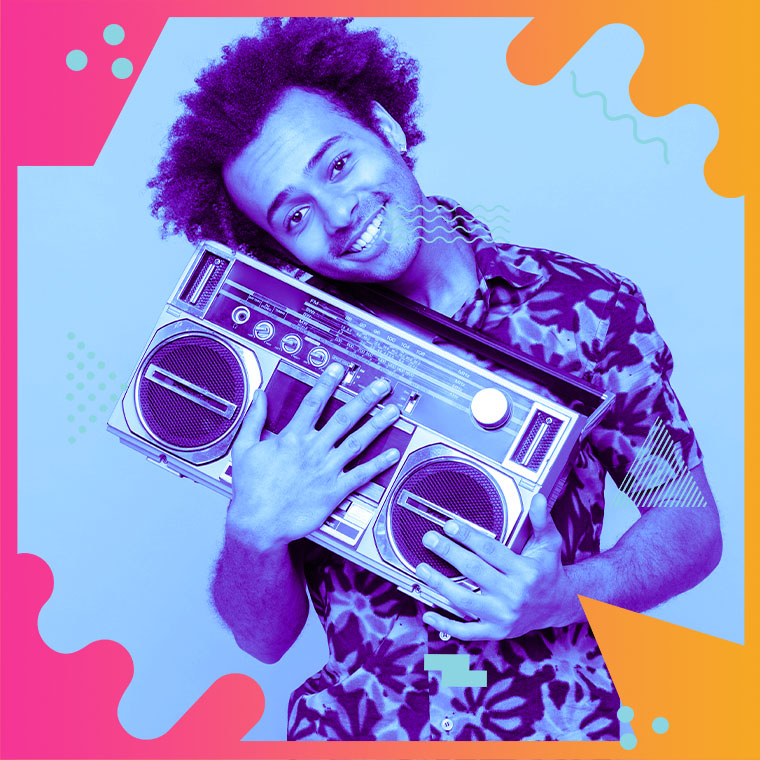 play_arrow
play_arrow
Top Techno Podcast Yana Bolder
-
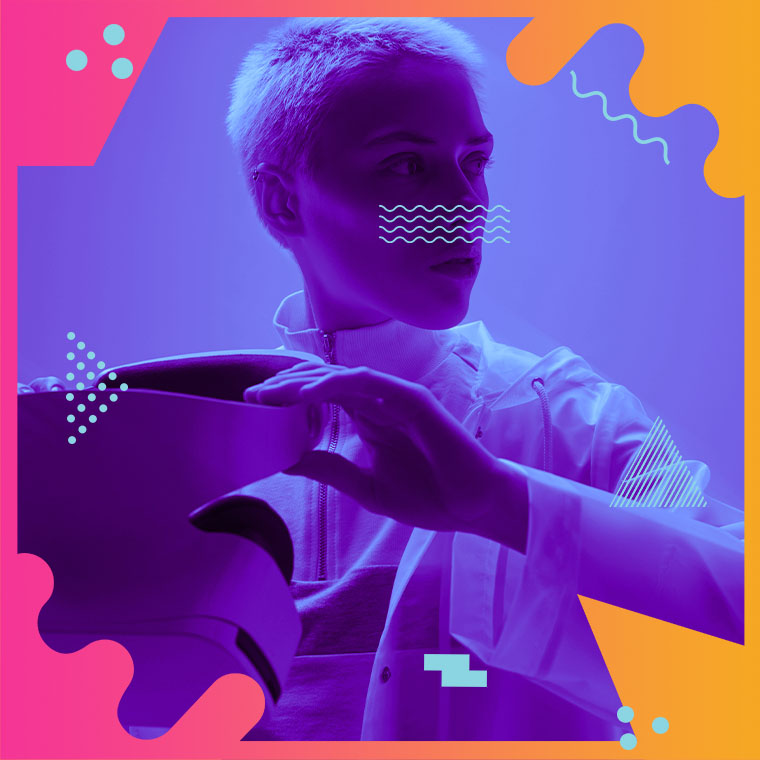 play_arrow
play_arrow
Summer Festival Podcast Robot Heart
-
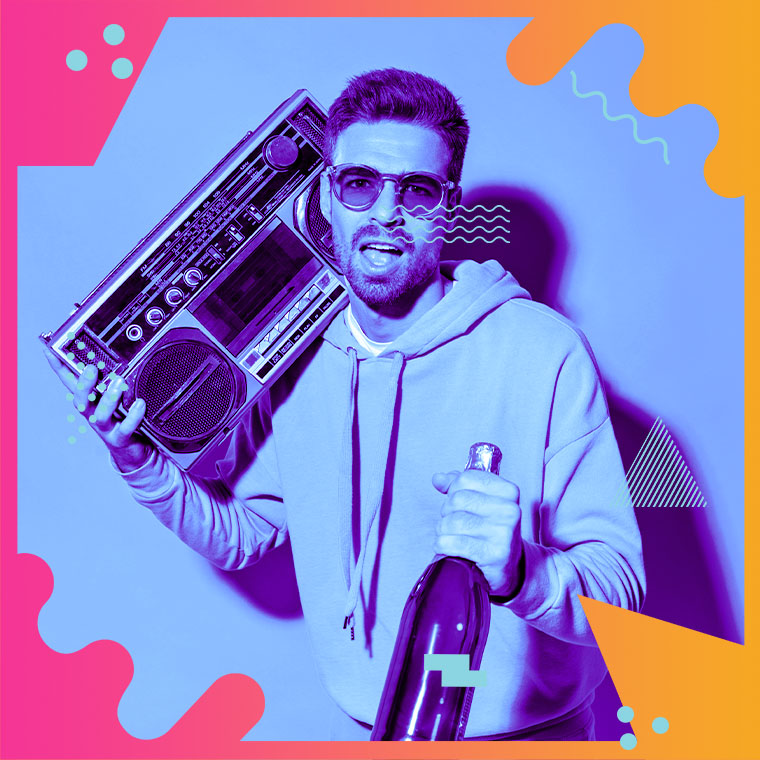 play_arrow
play_arrow
Berlin Sound Podcast Robot Heart
-
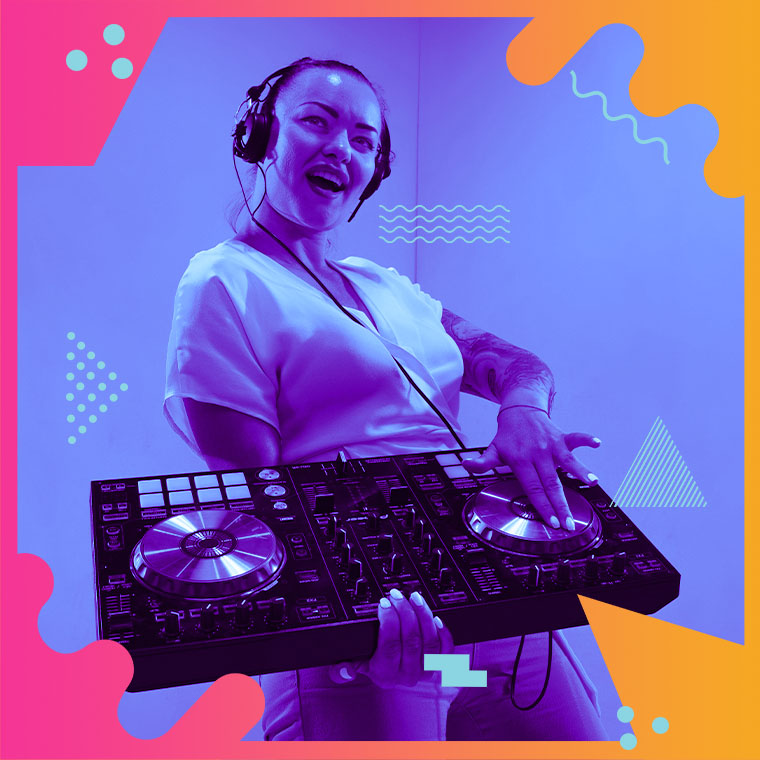 play_arrow
play_arrow
Electronic Trends Podcast Aaron Mills
-
 play_arrow
play_arrow
New Year Eve Podcast Robot Heart
-
 play_arrow
play_arrow
ADE podcast Robot Heart
-
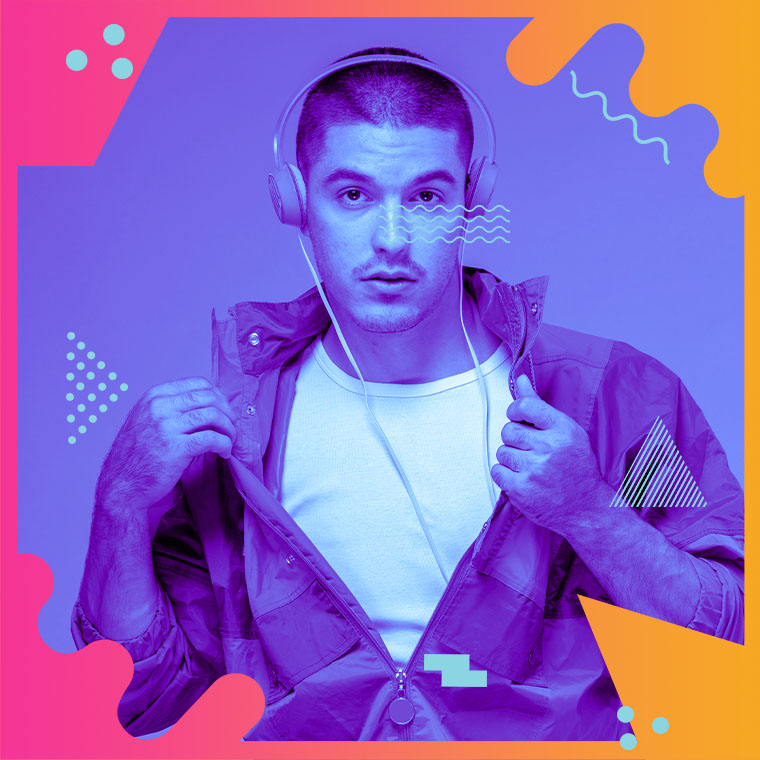 play_arrow
play_arrow
Techno Podcast Robot Heart
-
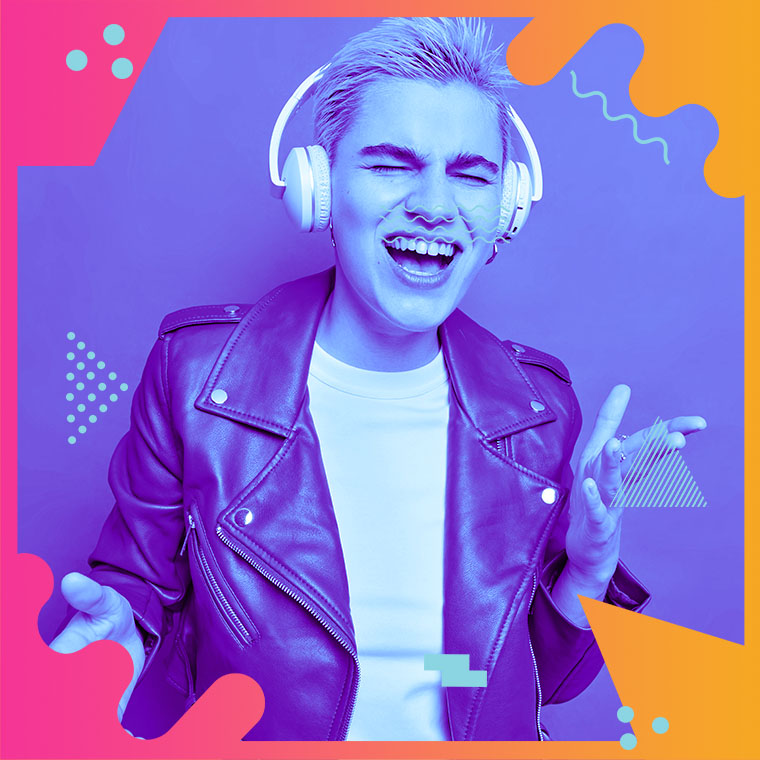 play_arrow
play_arrow
Flower Power Festival Podcast Robot Heart
-
 play_arrow
play_arrow
Tech House Podcast Robot Heart
-
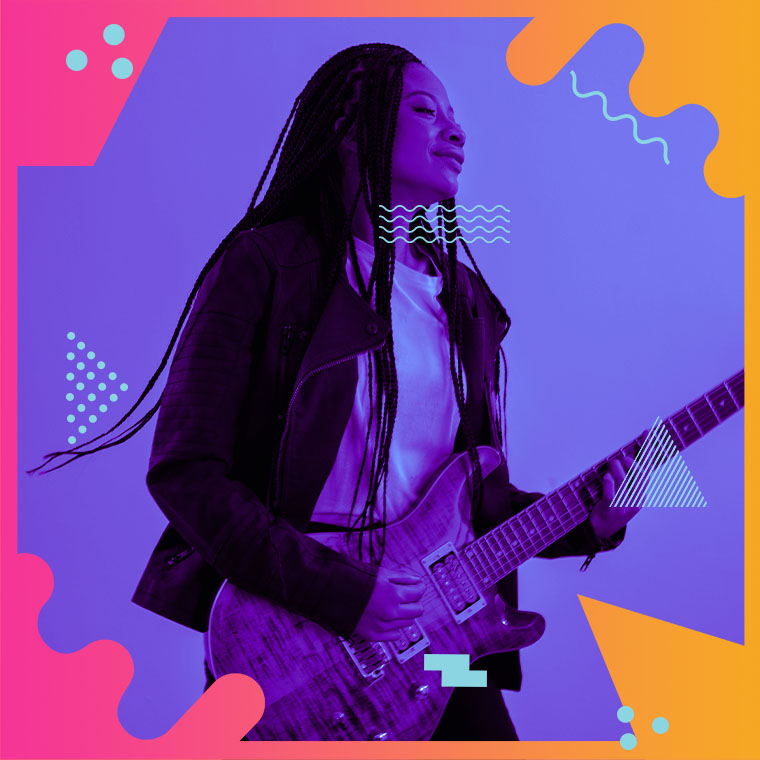 play_arrow
play_arrow
Winter Festival Podcast Robot Heart


Notting Hill Carnival has long been viewed as a vital cultural moment, one which reaches past its physical location of West London, to inspire, celebrate and support people all across the country. It is notorious especially for its notable musical flare just as much as the fashion and dancing. Picture the infectious steel pans pulsing, with soca and reggae music reverberating all through the streets of West London. It is a musical procession rooted in Caribbean tradition just as much as a celebration, and over the years, Carnival has moulded resistance into rhythm. Falling on August 24-25th this year, whilst you look forward to it, take some time to acknowledge its origins, and why its sound is so distinctive.
Notting Hill’s sound is not coincidental by any means, as its earliest origins were forged through a partnership of both music and struggle. Post World War II, many Caribbean migrants—particularly from Jamaica, Trinidad, and Barbados—arrived in Britain as part of the Windrush generation. They brought with them a deep, vibrant and traditional musical culture. This consisted of the flamboyance of calypso, the island rhythms of mento, and the birth of ska.
Race relations in the UK had grown to a boiling point by 1959, as Kelso Cochrane, an Antiguan carpenter was killed in a racially-motivated attack in Notting Hill that year. This resulted in race riots and a community response attempting to mend fractures in our society. Claudia Jones, a Trinidadian activist and journalist, responded by organising an indoor “Caribbean Carnival” in 1959 at St Pancras Town Hall. She is credited to this day as one of the indirect founders of Carnival.
In remembrance of Cochrane, Darcus Howe, a political activist and broadcaster, said: “If there weren’t race riots in Notting Hill I don’t believe that we would have had the Notting Hill Carnival. If it wasn’t for the murder of Kelso Cochrane, Carnival wouldn’t have happened.”
Caribbean Carnival was held winter, but retained an unmistakable warm spirit, stoked by the joyful sounds of steel pan orchestras and calypso. The event was an act of cultural defiance and unity in the face of injustice. It is music itself that gave voice to a people seeking respect, belonging, and justice in the face of racism and exclusion.
By the mid-1960s, the Carnival began to gain traction, and moved from inside to outside. Rhaune Laslett, a local community activist, played a central role in bringing the festival outside, organising the Notting Hill festival in 1966. All local residents were welcomed and celebrated, and this really allowed Trinidadian steelbands to take the spotlight for the first time in the UK. This in turn made them able to introduce the Caribbean flair to West London. It is mainly defined by the sound of steel pans, which were made from repurposed oil drums.
Not long after, Jamaican sound system culture began to shape Carnival’s proud sonic identity. Large speaker stacks, bass-heavy beats, and DJs “toasting” over records were able to turn ordinary side streets into spontaneous dancefloors. These parties were refreshing and fluid because they did not confine themselves to one, inside venue. It also allowed sound systems to develop and take to the streets, such as the Channel One system and Sir Lloyd by the time the 80s rolled around.
While steelbands were delivering live melodies, the sound systems amplified rebellion in the booming bass. Together, they laid the foundation for a Carnival where every corner you turned would offer discovery of a different rhythm, a different story.
1980s Carnival music defined itself more explicitly as a form of cultural resistance. Police brutality was a serious issue faced by Black British people, and music became a source of protection just as much as a tool to fight the power. It acted as a shield and a sword. Reggae and dub sounds dominated, with their slow tempos implementing politically-conscious lyrics that addressed oppression, fighting for identity, and Black liberation. Artists like Bob Marley, Burning Spear, and Steel Pulse characterised this sound most clearly.
In an interview with Buzzfeed, Alisha Mayers, a volunteer at Mangrove Mas band camp in West London, said: “Every family and community has a different idea of where carnival sprung from. But in Notting Hill it came out of a lot of adversity.”
Soca (soul of Calypso) music, which originated in Trinidad, grew with popularity at this time, encouraged energy and dancing, to match the power provided by reggae with pride and empowerment. Carnival’s music is never solely designed for a party. It served as a way for marginalised communities to express themselves: their frustration, hope, and solidarity. At a time when Black British voices were all-too-often silenced in mainstream media, Carnival gave them a stage and a sound system to support and uplift them.
By the 1990s, Notting Hill Carnival had become an event that received global recognition, its soundscape expanding beyond Caribbean roots. Hip-hop, jungle, and UK garage joined calypso and soca, to reflect the identity of Black Britain growing and evolving. Just like the festival itself, it refuses to stand still.
Carnival always has, and still is, powered by rhythm. Soca still leads the parade, but Afrobeats and dancehall now boom through the streets. Rising DJs help to turn West London into a massive, multi-genre sound stage. Despite current difficulties such as gentrification and commercialisation, the Carnival’s music retains its soul—joyful, rebellious, and community roots. It continues to amplify voices, unite generations, and celebrate diasporic identity. Notting Hill Carnival is a living, breathing soundtrack of cultural pride and defiance.
Mayers added: “It’s special to me because it’s one of the only events I can go to and literally feel free.”
Written by: Gary
Similar posts
Recent Posts
Recent Comments
No comments to show.Chart
Top popular

Breaking: Top Pop Star’s Surprise Album Release Sends Fans into Frenzy
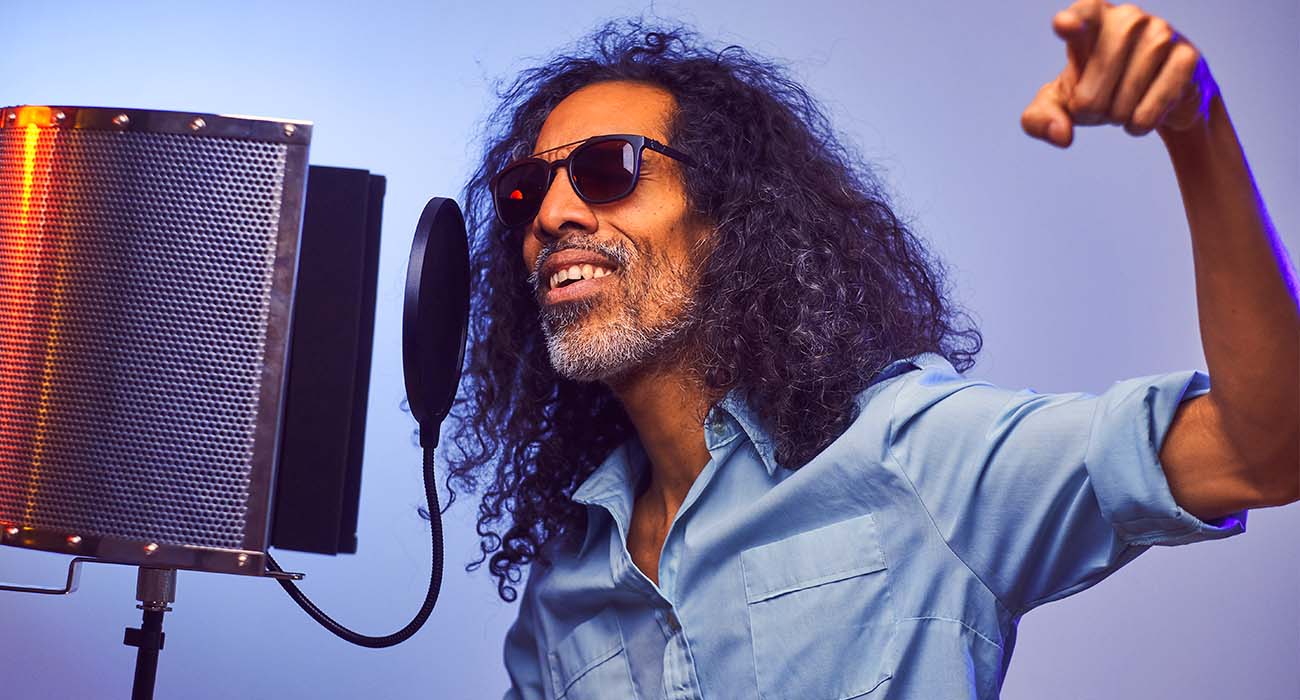
Chart-Toppers Unite: Pop Music’s Biggest Collaborations of the Year
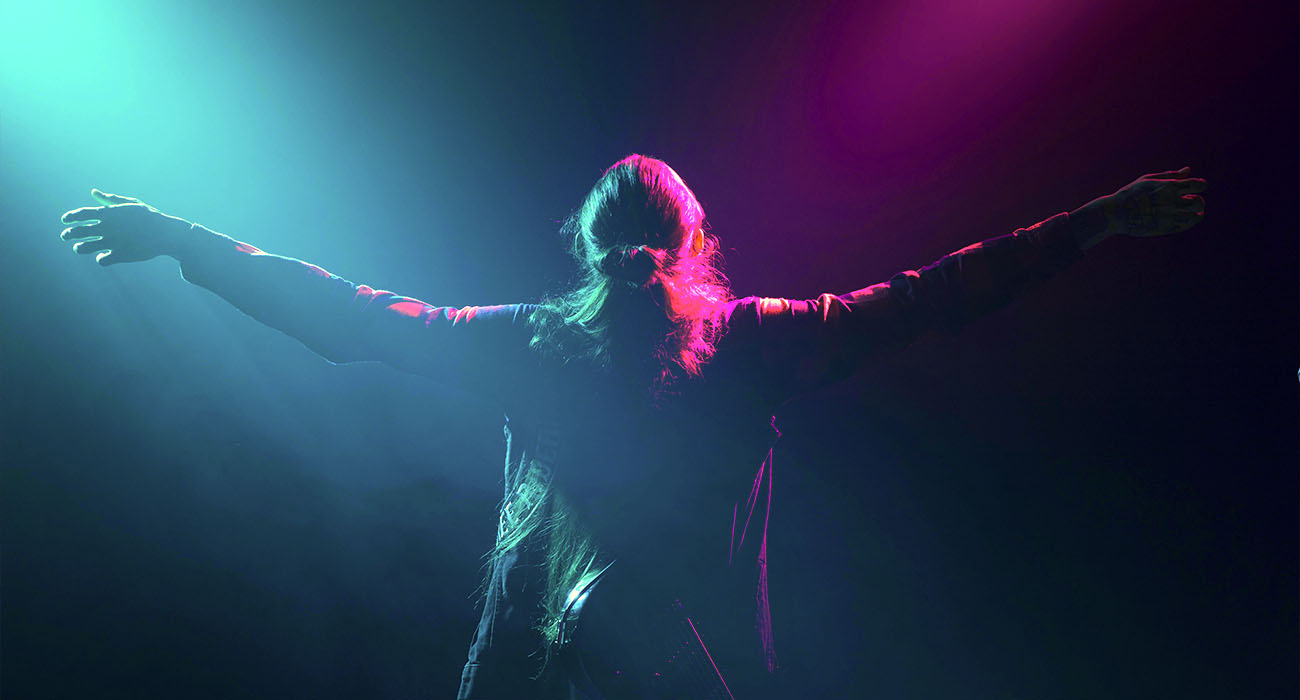
Behind the Scenes: Pop Music’s Hottest Producers and Songwriters
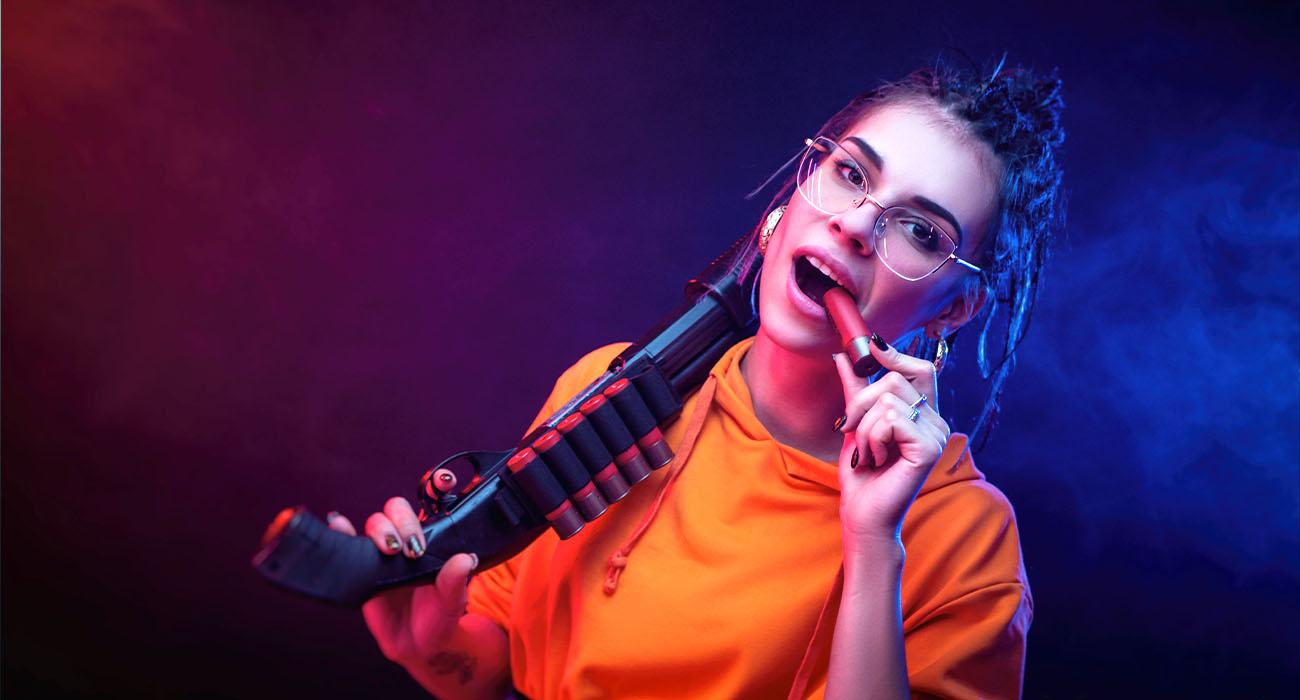
The Rise of K-Pop: How Korean Music Continues to Dominate the Global Scene

Exclusive Interview: Pop Sensation Opens Up About Their New Album and Personal Journey
BUILD YOUR RADIO WEBSITE WITH Pro Radio
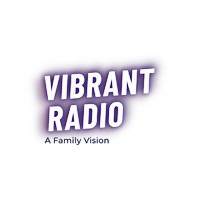
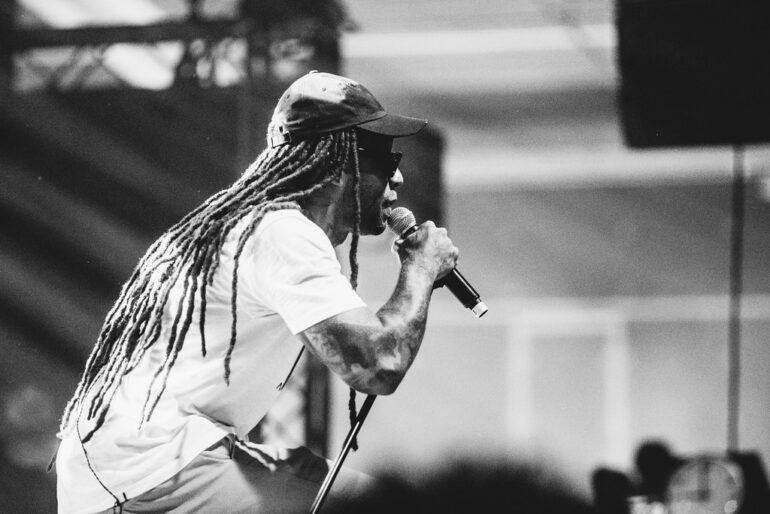
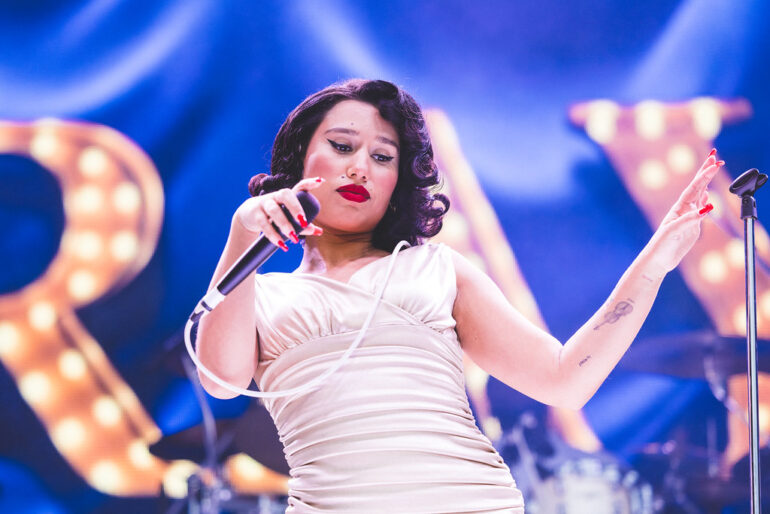
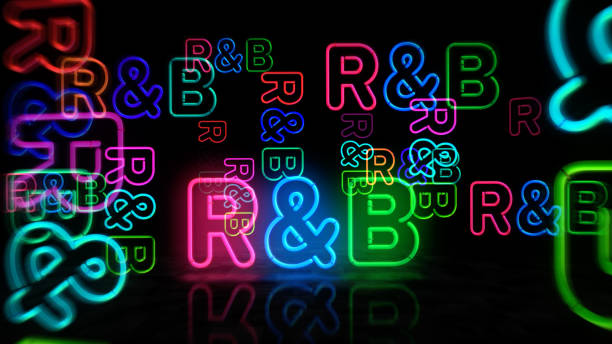
Post comments (0)